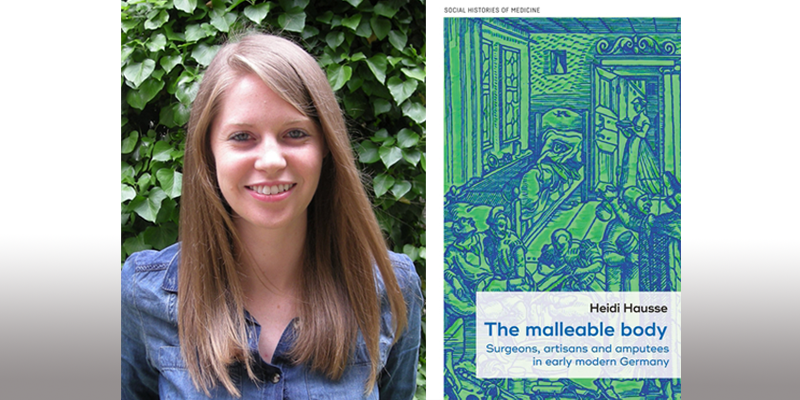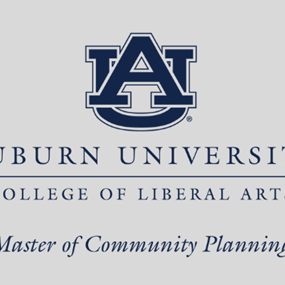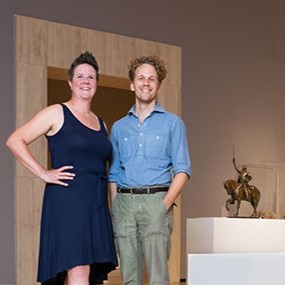Auburn professor wins best European medical history book award

The European Association for the History of Medicine and Health (EAHMH) chose Associate Professor of History Heidi Hausse’s book, “The Malleable Body: Surgeons, Artisans, and Amputees in Early Modern Germany” for its top award.
The EAHMH is an international network of scholars who publish and promote the history of medicine, health and disease. Its Book Award is awarded every two years to celebrate novel approaches to medical historiography.
“I am deeply honored and excited that the EAHMH chose ‘The Malleable Body’ for such meaningful recognition and from such a competitive field of great monographs in the history of medicine,” Hausse said. “I closed my book with a call for historians of surgery to chart a new course of engagement with disability studies, and this award suggests that perhaps the message resonated with members of the Book Jury – which is very exciting.”
“The Malleable Body” explores how art and medicine paved the way for prosthetic technology. The work explains how culture, medicine and technology came together in the 16th century through the work of amputees, surgeons, locksmiths and clockmakers to change the way people thought about biomedical interventions.
In Auburn University’s Department of History, Hausse researches early modern Europe, history of medicine and disability studies. She co-founded Auburn’s Medical and Health Humanities Speaker Series and recently collaborated with Auburn engineers to recreate a 500-year-old mechanical hand through 3D printing both for scholarly research and for use as an instructional tool in classrooms and museums.
“The Malleable Body” was published in 2023 by Manchester University Press. For more information and to buy the book, visit the publisher’s website.







